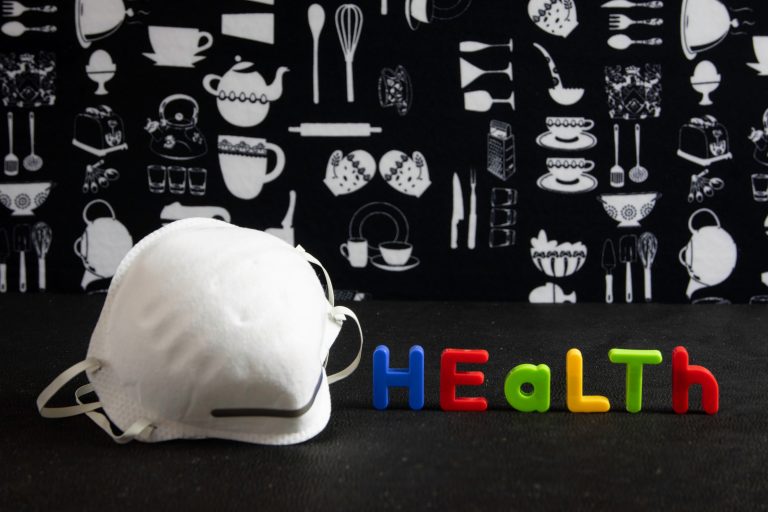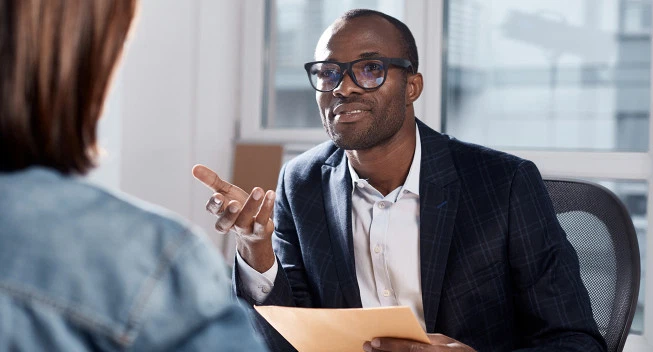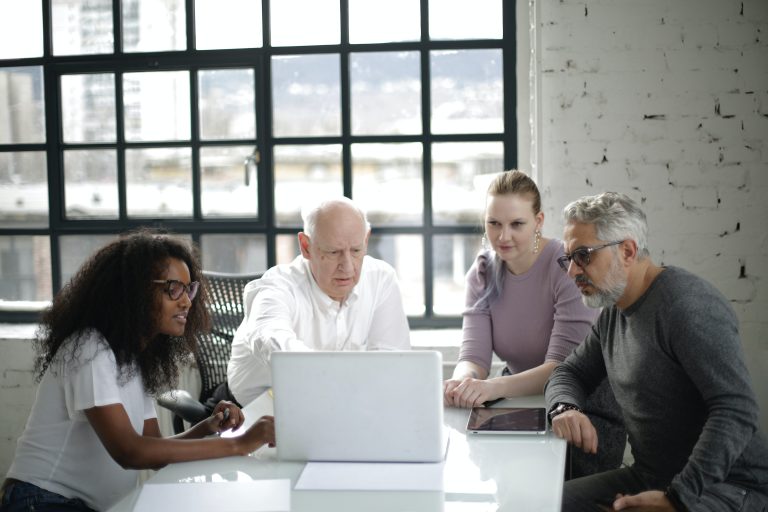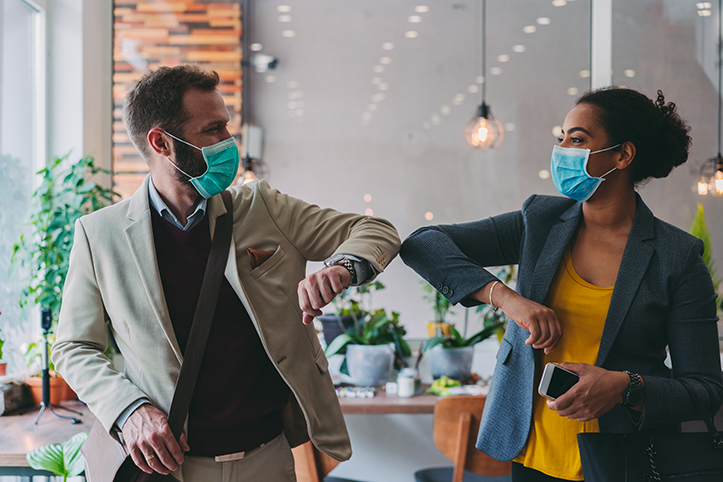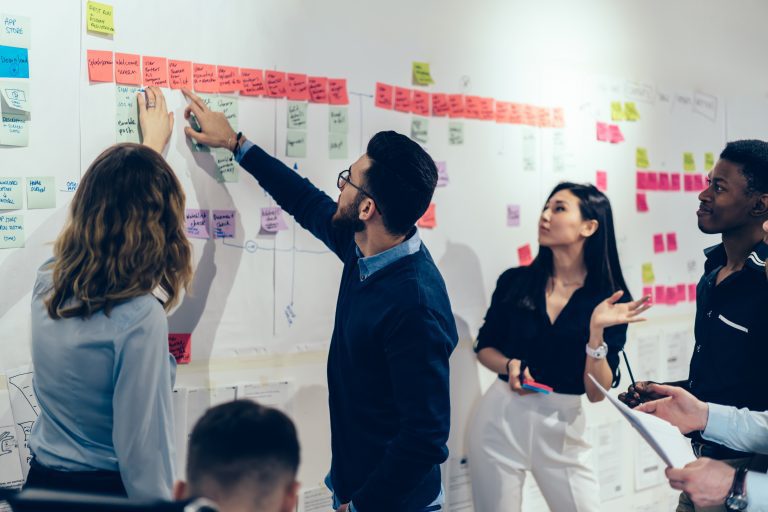It’s time to channel your inner shweshwe lady.
Before Covid-19, if you wanted a shweshwe picnic blanket you went to the lady selling them at the entrance to Delta Park in Randburg. Very shortly after Covid-19 landed, she put her picnic blankets aside and started selling washable shweshwe face masks instead. All respect to her: she has just the kind of business brain South Africa needs now.
Sometimes lockdown feels interminable but we know that it will end. I’m more concerned about the end of economic lockdown. To get there, we all need to channel our inner shweshwe lady.
We’re facing not just the economic and social effects of Covid-19, but also the fact that our government has had to bail out several struggling SOEs and our Moody’s credit rating has been downgraded. The outlook seems bleak but I believe that we can choose the legacy this crisis leaves us.
It’s not just about staying afloat in difficult circumstances but about how to emerge from this crisis leaner and more competitive. These are the four lessons I believe we need to be acting on now to equip ourselves for post-pandemic opportunities.
1. Digitisation
Traditional businesses have quickly become productive remotely, implementing successful digital strategies. We’ve always been tech-focused, so easily made the move to video conferencing to run our Academy’s remote blended learning programmes and conduct interviews for our recruitment businesses.
This is precisely the time to experiment and learn all you can about living in a digital world – and implement the tools and technologies you’ve found useful for your personal and professional circumstances.
2. Trust
This pandemic has shown us that it is possible to keep companies running, relationships intact and employees productive without everybody present in the same physical space. We all have proof that clocking staff in and out the office is not a proxy for productivity and performance.
We had more company-wide interactions during the first four weeks of lockdown than we’d had in the six months preceding it. Rather than isolating us, lockdown brought us closer together. I’m sure the same is true of many other companies. Now we need to capitalise on what we’ve experienced.
We’re already planning a future where not all staff are in the office every day or even every week, and we’re seriously reconsidering whether we need to keep our large office space. I’m sure we’re not the only company doing so.
3. Agility and innovation
Covid-19 has shown that there’s nothing like a crisis to spark creativity and speed. Shweshwe lady is a case in point. For years people have paid lip service to agility and innovation but as soon as it became necessary, we really saw what we were capable of.
In a mere seven days, Dyson, the UK-based manufacturer of small household appliances, conceived and built a respirator. Factories have been repurposed to make hand sanitizer, and motor vehicle plants are churning out medical equipment. Technologies like 3D printing have come out of R&D mode to produce tooling for plants and patterns for manufacturing essential goods.
Some insurance companies are proactively reducing premiums where claims have dried up because clients are not using their cars. And Capitec took only nine days to convert 100 branches into home-based call centres. Being proactive will stand these forward-thinking organisations in good stead in the future.
I was delighted when our bank processed our Covid-19 application via their app and website in a quick and painless process. By contrast, another bank I deal with could not resolve a problem unless I had a Windows-based computer. Quite how they expected me to conjure one during lockdown is a mystery. Yet another company emailed me an eight-page document to fill out by hand to make a simple change to my account.
I don’t see these latter two companies in my future – I would rather deal with those companies that have taken this opportunity to make my life easier. Even courts and GPs are now conducting their business digitally via video call: corporates have no excuse for not keeping up.
4. Real societal change
I don’t envisage anyone travelling much in the near future; certainly not across the country to attend a single meeting but also in and out of that increasingly irrelevant office.
It has always pained me when I consider that those who earn the least in our company invariably travel the longest distance to work each day. Now their expenses will be significantly reduced but that’s not the real gain. The real gain will come from putting some of that spare time to use to learn new skills – using online learning platforms – to stay relevant as the world changes.
I hope this type of societal change will be the legacy of Covid-19, along with accelerated digitisation, trust in our people to do their jobs no matter where they are, and real agility and innovation.
Martin Pienaar is the COO at Mindworx Consulting.




